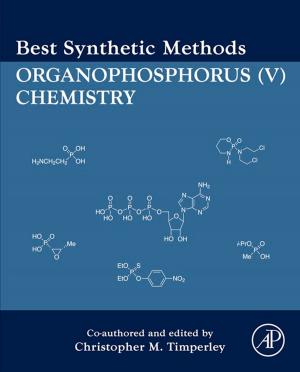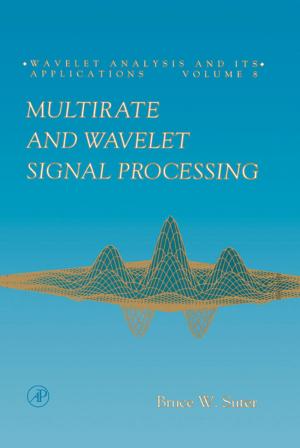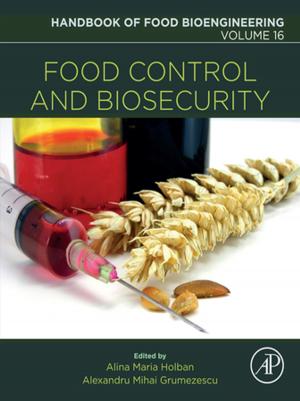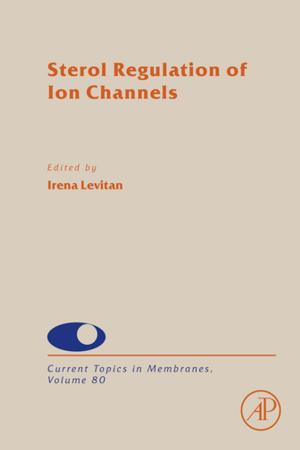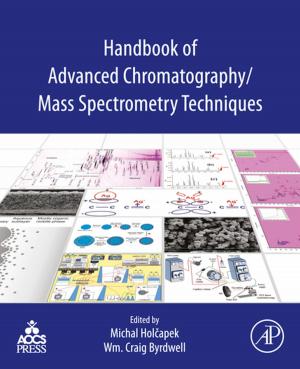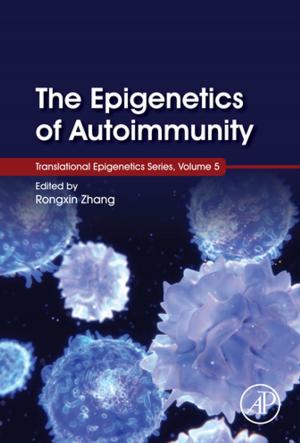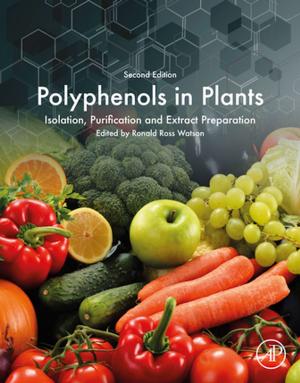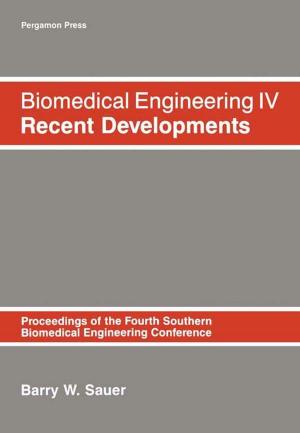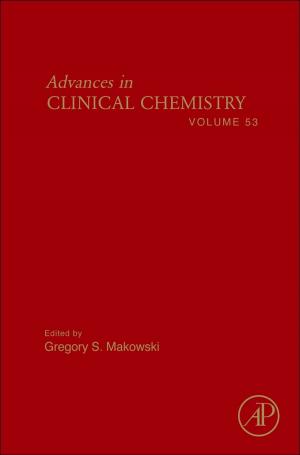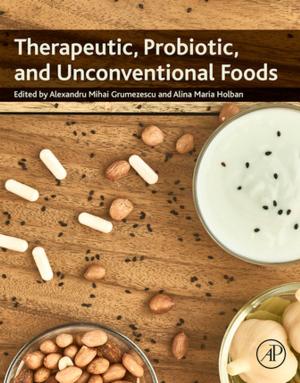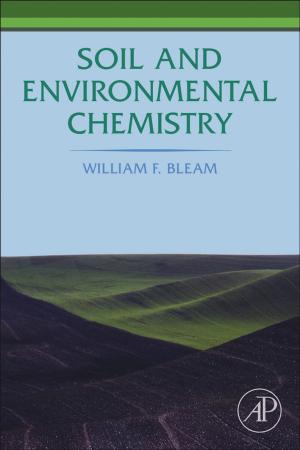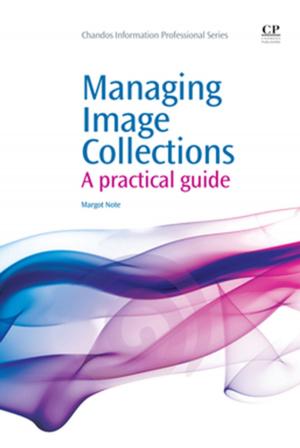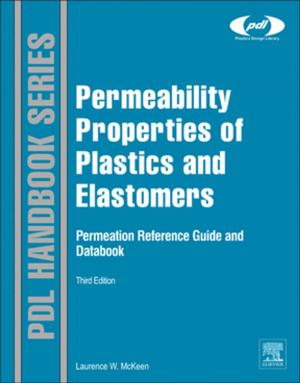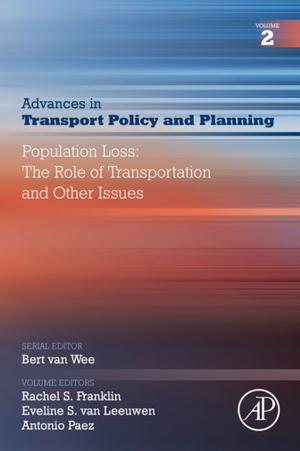Functional Diversity of Mycorrhiza and Sustainable Agriculture
Management to Overcome Biotic and Abiotic Stresses
Nonfiction, Science & Nature, Science, Biological Sciences, Microbiology, Technology, Agriculture & Animal Husbandry| Author: | Michael J. Goss, Mário Carvalho, Isabel Brito | ISBN: | 9780128042861 |
| Publisher: | Elsevier Science | Publication: | May 19, 2017 |
| Imprint: | Academic Press | Language: | English |
| Author: | Michael J. Goss, Mário Carvalho, Isabel Brito |
| ISBN: | 9780128042861 |
| Publisher: | Elsevier Science |
| Publication: | May 19, 2017 |
| Imprint: | Academic Press |
| Language: | English |
Functional Diversity of Mycorrhiza and Sustainable Agriculture is the first book to present the core concepts of working with Arbuscular mycorrhizal fungi to improve agricultural crop productivity.
Highlighting the use of indigenous AM fungi for agriculture, the book includes details on how to maintain and promote AM fungal diversity to improve sustainability and cost-effectiveness. As the need to improve production while restricting scarce inputs and preventing environmental impacts increases, the use of AMF offers an important option for exploiting the soil microbial population. It can enhance nutrient cycling and minimize the impacts of biotic and abiotic stresses, such as soil-borne disease, drought, and metal toxicity.
The book offers land managers, policymakers, soil scientists, and agronomists a novel approach to utilizing soil microbiology in improving agricultural practices.
- Provides a new approach to exploiting the benefits of mycorrhizas for sustainable arable agricultural production using indigenous AMF populations and adopting appropriate crop production techniques
- Bridges the gap between soil microbiology, including increasing knowledge of mycorrhiza and agronomy
- Presents real-world practical insights and application-based results, including a chapter focused primarily on case studies
- Includes extensive illustrative diagrams and photographs
Functional Diversity of Mycorrhiza and Sustainable Agriculture is the first book to present the core concepts of working with Arbuscular mycorrhizal fungi to improve agricultural crop productivity.
Highlighting the use of indigenous AM fungi for agriculture, the book includes details on how to maintain and promote AM fungal diversity to improve sustainability and cost-effectiveness. As the need to improve production while restricting scarce inputs and preventing environmental impacts increases, the use of AMF offers an important option for exploiting the soil microbial population. It can enhance nutrient cycling and minimize the impacts of biotic and abiotic stresses, such as soil-borne disease, drought, and metal toxicity.
The book offers land managers, policymakers, soil scientists, and agronomists a novel approach to utilizing soil microbiology in improving agricultural practices.
- Provides a new approach to exploiting the benefits of mycorrhizas for sustainable arable agricultural production using indigenous AMF populations and adopting appropriate crop production techniques
- Bridges the gap between soil microbiology, including increasing knowledge of mycorrhiza and agronomy
- Presents real-world practical insights and application-based results, including a chapter focused primarily on case studies
- Includes extensive illustrative diagrams and photographs

